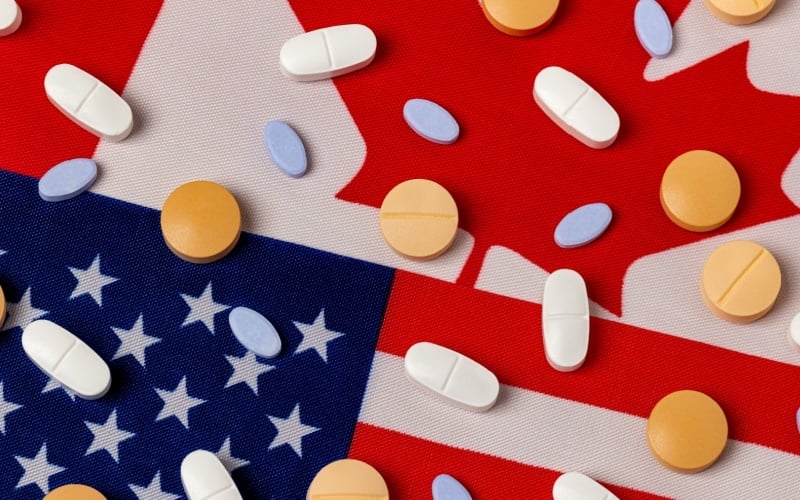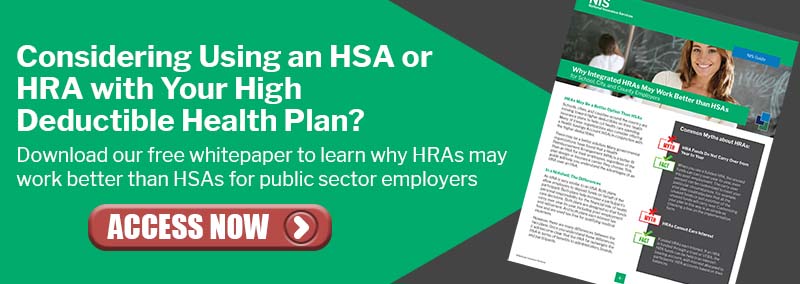President Trump announced that, starting October 1st, brand-name or patented pharmaceuticals will face a 100% tariff, unless the manufacturer builds production facilities within the United States, in which case the tariff does not apply.
Drug manufacturers are making significant investments in U.S. facilities to avoid new tariffs, with major companies like Eli Lilly, Novo Nordisk, and AstraZeneca announcing plans to build or expand factories across the country.
The new tariffs do not apply to drugs produced in the European Union (EO) however, these drugs are subject to a 15% tariff. According to a U.S.-Japan agreement, American tariffs on Japanese drugs will not exceed rates applied to the EU. U.K. and Asian drugmakers, many producing medications in India and China, face 100% tariffs without a protective trade agreement.
Employer Takeaway
This announcement affects only prescription drugs, excluding most generics widely used in the U.S. With limited details available, it’s uncertain how 100% tariffs will impact costs, but employers should be prepared for potential changes as the policy is implemented.
The October 1st deadline for the 100% tariffs coincides with key federal drug pricing initiatives, including requirements for manufacturers to offer the U.S. the lowest price and the next round of Medicare negotiations under the Inflation Reduction Act.
Employers should continue to monitor prescription drug changes. The Budget Lab at Yale offers a current overview of tariffs impacting pharmaceuticals. Download the bulletin for more details.

